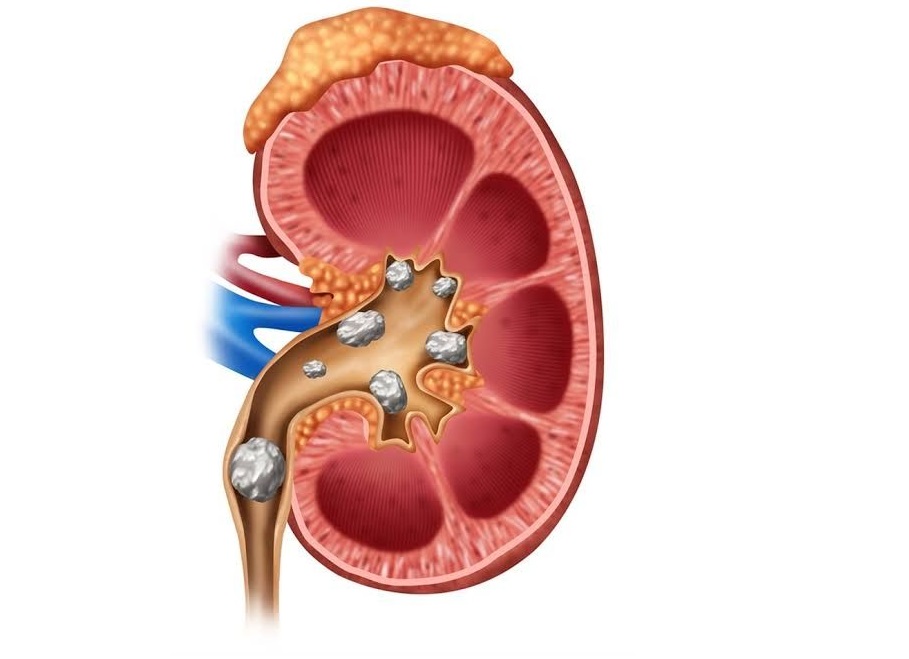Kidney stones can cause a variety of symptoms, including:
Severe Pain: This is typically the most notable symptom. The pain often starts suddenly and may come in waves. It's usually located in the back, below the ribs, and can radiate to the lower abdomen and groin.
Painful Urination: You may experience pain or a burning sensation while urinating.
Frequent Urination: You might feel the need to urinate more often than usual, and sometimes only small amounts of urine are passed.
Blood in Urine (Hematuria): The presence of blood in urine may indicate kidney stones. It may appear pink, red, or brown.
Nausea and Vomiting: Some people with kidney stones may feel nauseous or vomit due to the severity of the pain.
Cloudy or Foul-smelling Urine: Urine might appear cloudy or have a strong odor.
Fever and Chills: In some cases, especially if there is an infection present, you may develop a fever and experience chills.
Difficulty Passing Urine: Sometimes, kidney stones can block the flow of urine, causing difficulty or pain while passing urine.
It's important to note that the severity and combination of symptoms can vary greatly depending on factors such as the size and location of the stone, as well as individual differences in pain tolerance. If you suspect you have kidney stones, it's essential to seek medical attention for proper diagnosis and treatment.



